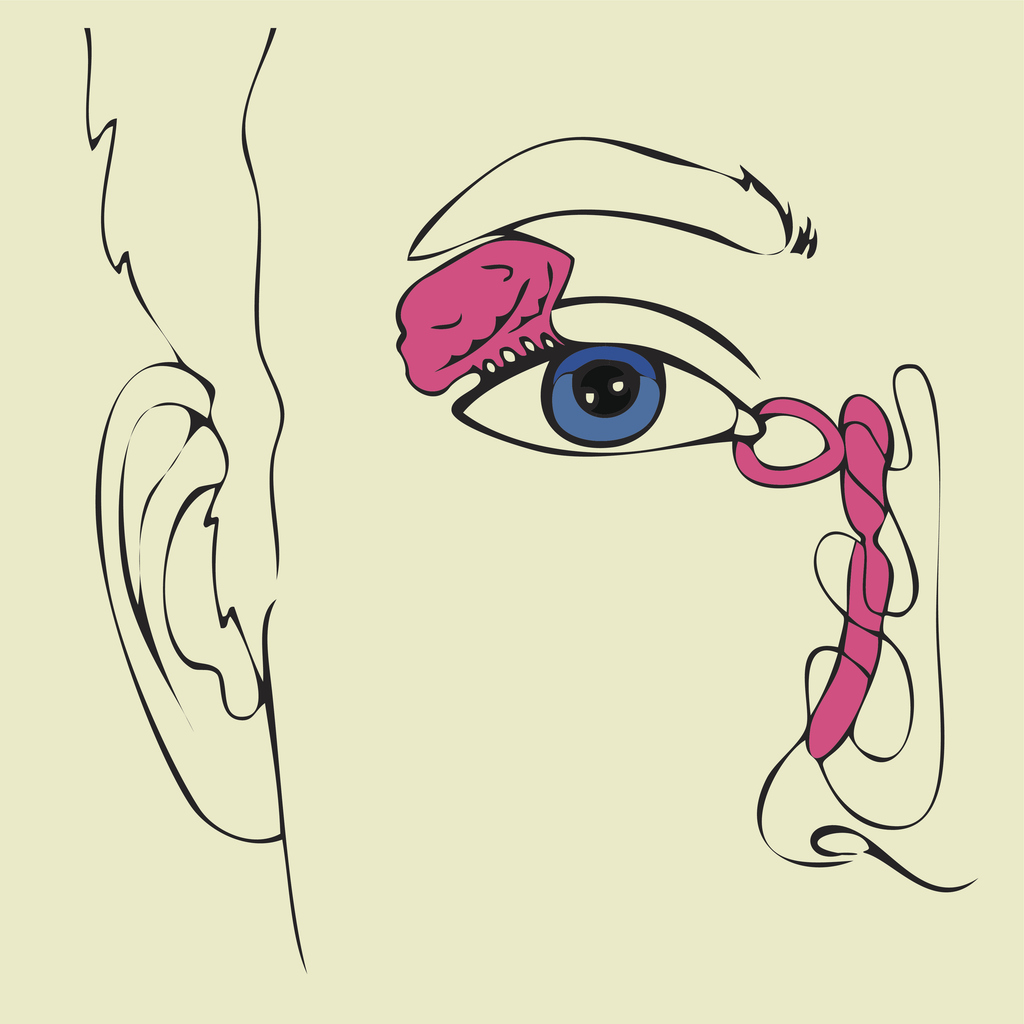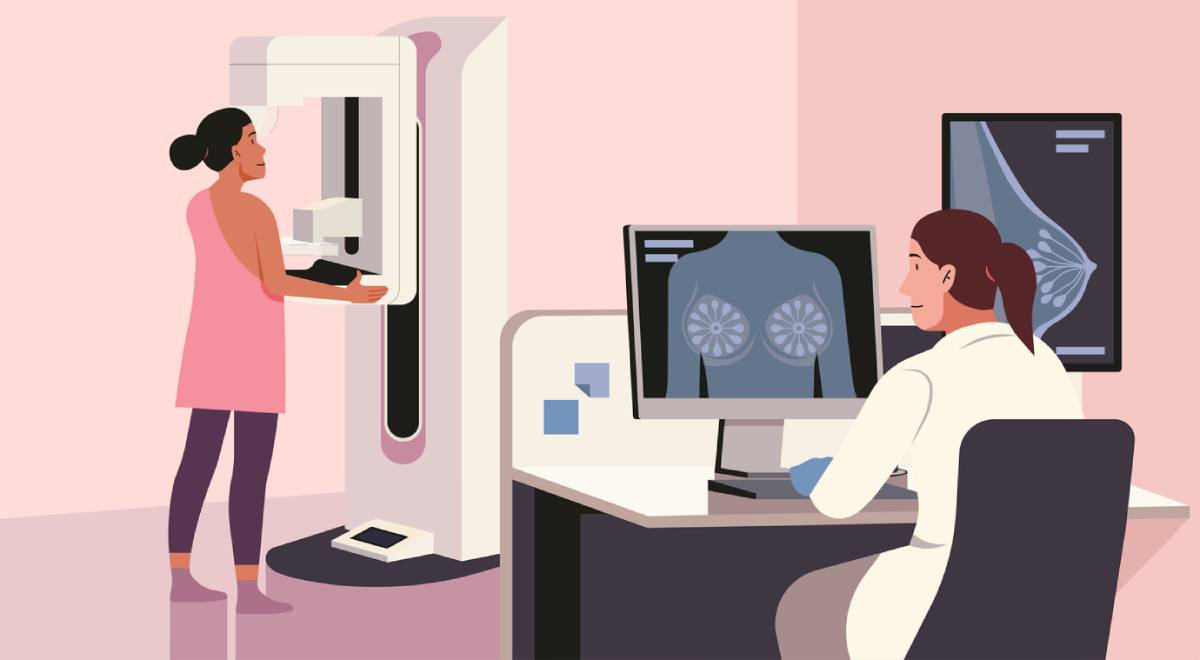How Often Should Women Have Mammograms?
A mammogram is an essential part of maintaining the long-term health of your breasts, as it remains the primary method for helping to identify and diagnose the presence of breast cancer and other conditions. Regularly receiving a mammogram should be considered a protocol for all women. But how often should women have mammograms?
How Often Should Women Have Mammograms?
However, the guidelines surrounding the frequency with which a woman should go in for a checkup can change, leaving many people confused about how often they should engage in this activity.
If you’re thinking it might be time for you to receive a mammogram, take a look at this guide that describes how often you should head in for a 3D digital breast mammogram.
What Is a Mammogram?
A mammogram is a type of diagnostic imaging test that is an X-ray of a woman’s breast. A mammogram is considered a first line of defense for helping a physician detect the presence of cancer and other conditions of the breasts.
Mammograms are considered highly safe and are completely painless as well. Following this, there’s no good reason for one to avoid engaging in this test on a regular basis. There is some advantage to returning to the same clinic and doctor for repeat tests, as this can help your medical professional study the health of your breasts over time.
How Often Should Women Have Mammograms?
Prior to the age of 40, most physicians recommend that a woman go in for a mammogram at least once every 3 years. After the age of 40, it is recommended that a woman receive a mammogram on an annual basis.
In addition, some doctors may recommend that a woman receive a mammogram annually, even before the age of 40. In addition, the frequency that you should receive a mammogram may increase if you have a history of conditions affecting your breasts, or if you have other types of health issues that might impact the health of your breasts.
What Occurs During a Mammogram?
During a mammogram, an imagist will compress the breasts between a set of firm surfaces to spread out the breast tissue and prepare it for imaging. An x-ray then subsequently takes a series of black and white images that are displayed on a monitor to be read by your technician.
At this point, your images will be forwarded to your general practitioner for reading and analyzing. If your imagist or physician feels that further testing is warranted, then you may be referred for additional procedures or to see a specialist of some kind.
If you are referred for additional testing, it’s not necessarily something to panic about. Mentally preparing yourself for the complicated reality of diagnostic imaging tests is a worthwhile activity when you’re engaging in these types of tests.
Are There Any Risks Involved?
Mammograms are considered very low-risk medical procedures. However, you should be prepared for the following elements of a mammogram test:
- Radiation: A mammogram will expose you to a small amount of radiation.
- Fallibility: A mammogram is considered a very accurate medical test. However, mammograms can’t detect all kinds of cancers. This is why the test should be paired with a physical exam.
- Emotional Preparedness: Patients who receive a mammogram should be prepared to receive possibly extremely bad news if they are diagnosed with cancer. This includes the possibility of receiving a cancer diagnosis that is terminal, as many forms of breast cancer can be extremely aggressive.
Overall, the security provided by a mammogram is well worth the mild risks that are incurred by it. Preparing yourself emotionally in the case of disappointing results is a powerful step towards maintaining a state of health.
Preparing for a Mammogram
There are certain steps you can take to properly prepare yourself for a mammogram, as well as assist your medical personnel throughout the process. Some of the steps that can be taken in this regard include:
- Bring any prior mammogram images and tests that you may have received.
- Avoid wearing overly strong smells to your mammogram appointment
- Schedule your test for a time when your breasts are likely to less tender, away from your ovulation
Your physician may have additional advice for your preparatory period, depending on your medical history. This will be gone over during a pre-screening consultation and preparatory period that will occur before the actual test.
The Best Imaging Clinic in Texas
West Texas Health is one of the most highly regarded imaging clinics in Texas. If you feel like you might be due for a diagnostic mammogram at our women’s health center, contact us to set up an appointment.








